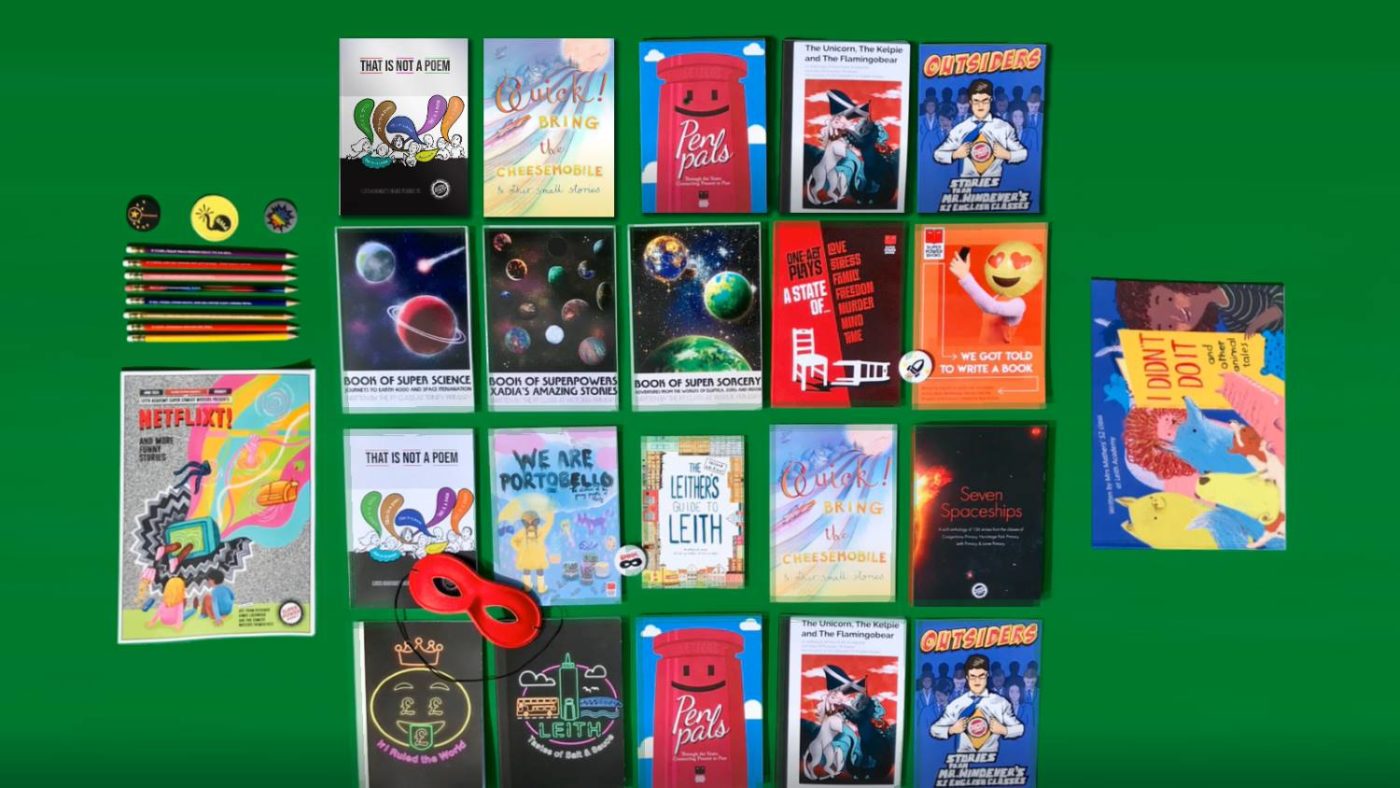How many words does it take to tell a story?
Four? Own less, live more.
Ok, you might think this is more of a mantra than a story, but social media accounts are awash with such chants, designed to grab our attention without challenging us too much. They’re easy to read and share and quick to come to mind if the marketing people behind them have done their jobs properly.
Five? Life is a bed of roses.
The technical term for this is an idiomatic expression, which doesn’t sound much like the carefree life its meaning conveys. In the English language we regularly use such expressions. They’re often historical references, painting a picture or summarising emotions. Informal language used by native speakers to confuse and entertain those who might try to take them literally.
Six? And they all lived happily ever-after.
Six word stories, also known as flash fiction or micro-blogging, are designed to make the writer choose every word with care, ideally to make the reader feel something as they fill in the blanks. Perhaps the most famous six word story is attributed to Ernest Hemingway, (although the link to him is unsubstantiated) – for sale, baby shoes, never worn. No matter what you read into that fragment of a sentence, I bet it made you pause for thought.
Seven? The alligator selfie was a bad idea.
One of our SPA workshops starts with a seven word story challenge. Two or more people think of seven questions. These can be on any topic, but must be framed so that they can be answered in a single word e.g. what’s your favourite animal? Giraffe. Once all the questions have been asked and the answers noted, it’s time to create the story, using all seven words. In the workshop we encourage one sentence per answer rather than squeezing everything into one line, but even this gives a new appreciation for how much can be communicated if the words are chosen carefully. Try it as an ice-breaker at your next party.
Stories are powerful and the words we choose are a reflection of our unique experiences, attitudes and assumptions. It’s why we encourage our young authors to get their words on the page, initially without worrying about grammar or punctuation. They can write in any language, using colloquialism’s and even inventing new words. This is all about the thrill of expressing yourself on paper and having a lasting record of what you’ve achieved (as everything our young authors write is published into a physical book).
Eight? Do or do not, there is no try. Who can argue with Yoda?
While most of us are trained to write in some capacity, it’s still a skill that takes time to hone and enjoy. It takes courage. A copywriter (Jason Rose) once said “Writing is 10% skill, 40% hard work, and 50% crippling self doubt.”
Stories are not a series of words spelled correctly, they don’t have to have a certain character count and they’re never meaningless. Great writing is a gift from one human to another, increasing understanding and helping us connect. However many words you write today, make them count.
And if you’re feeling inspired, you should use 5 minutes of your day to watch this:

